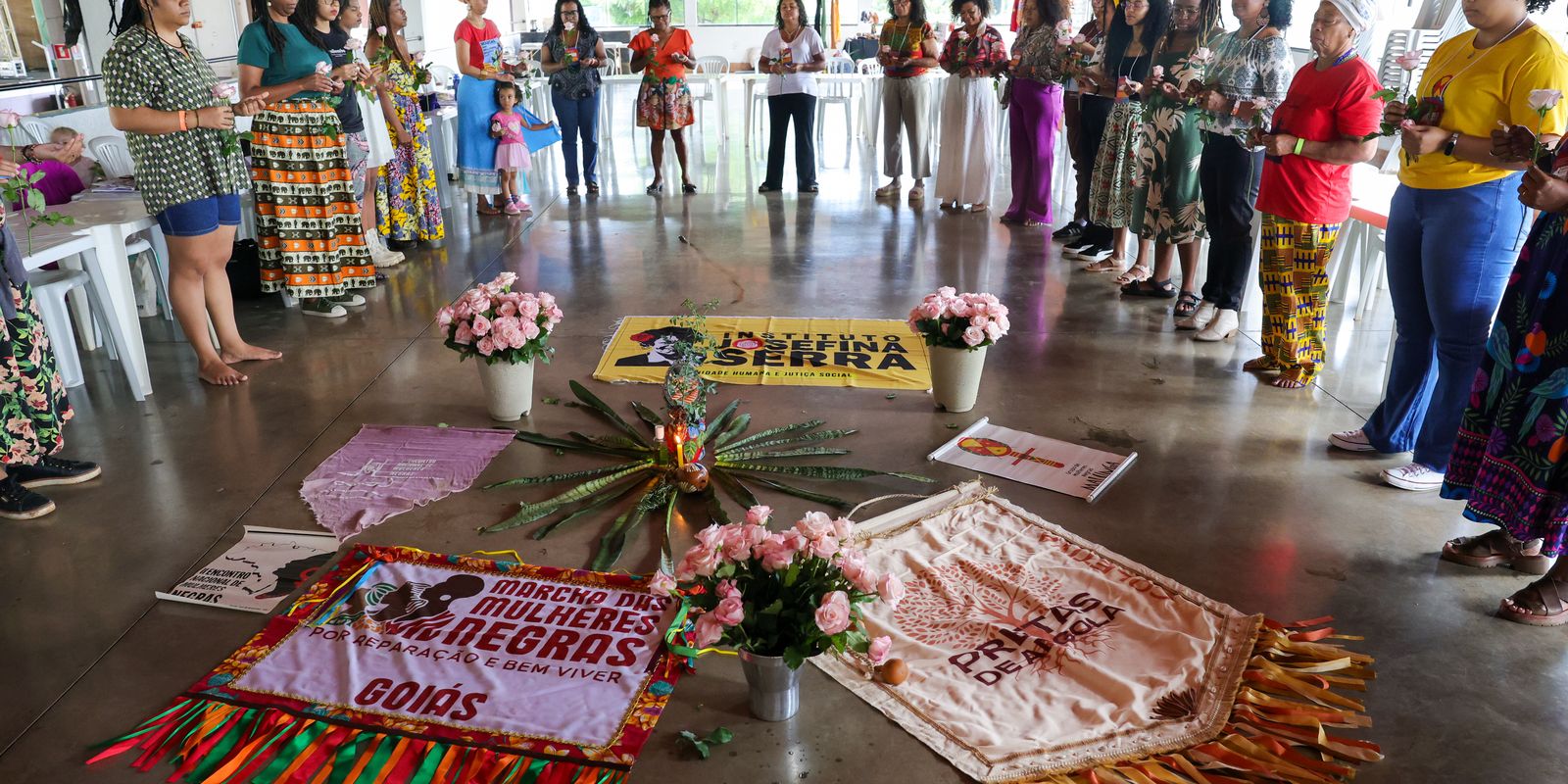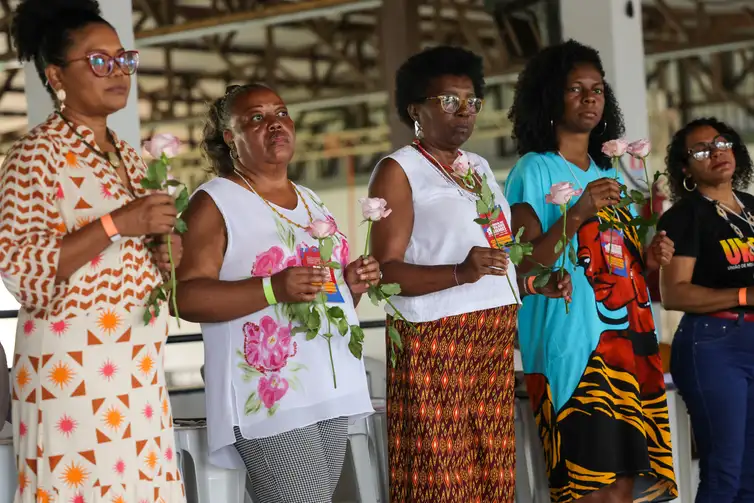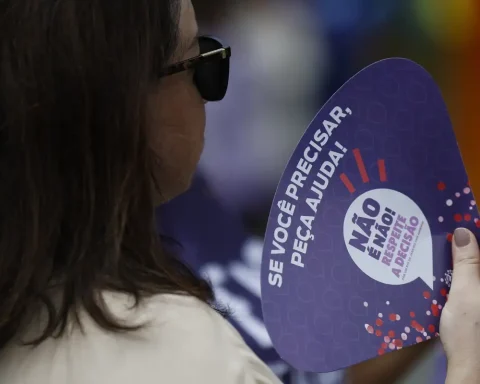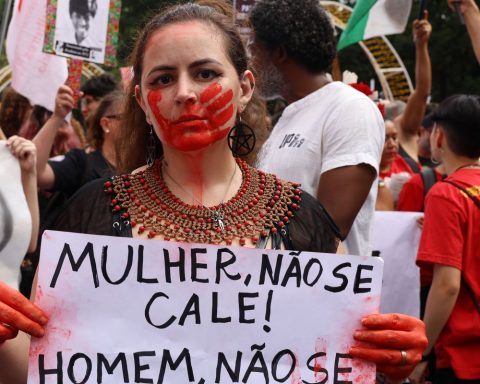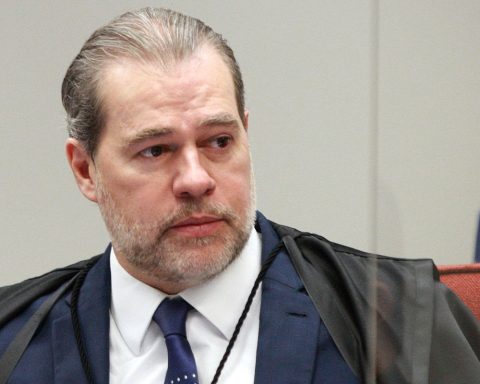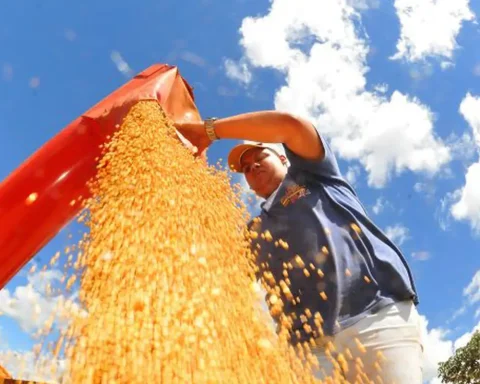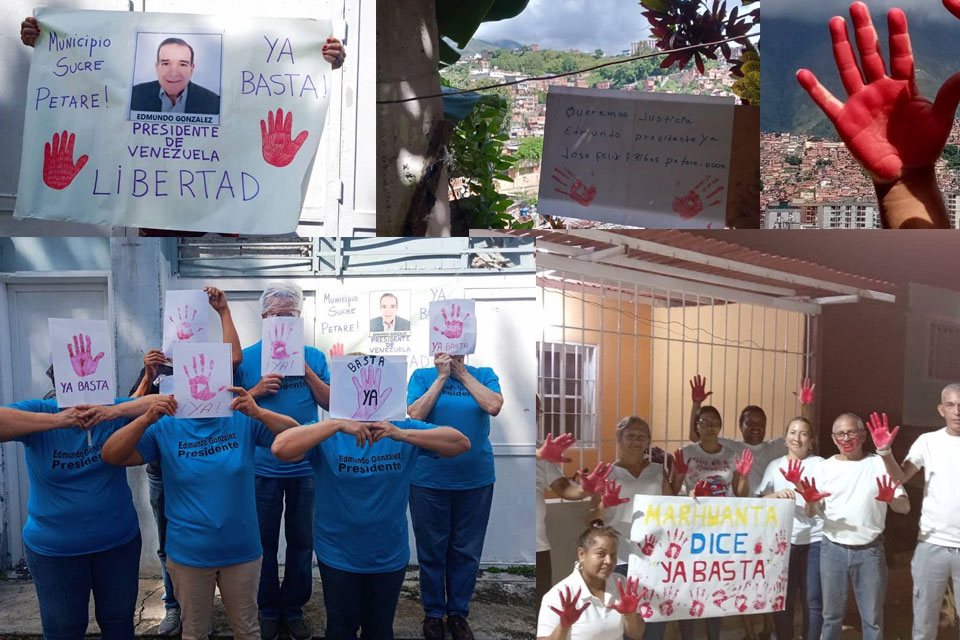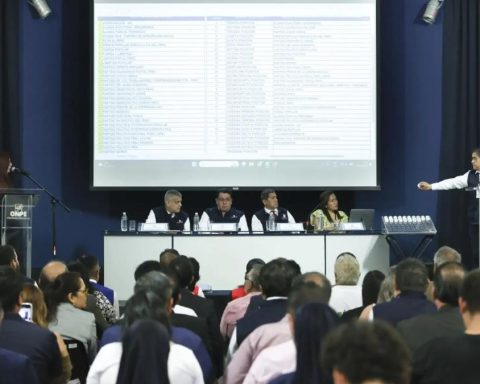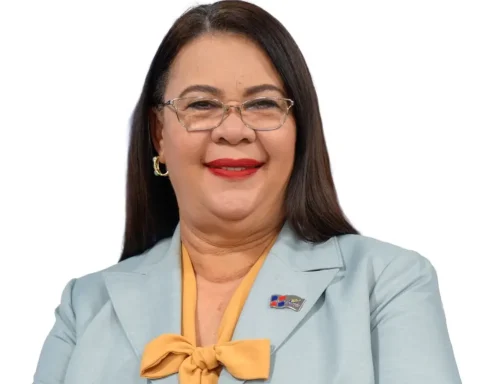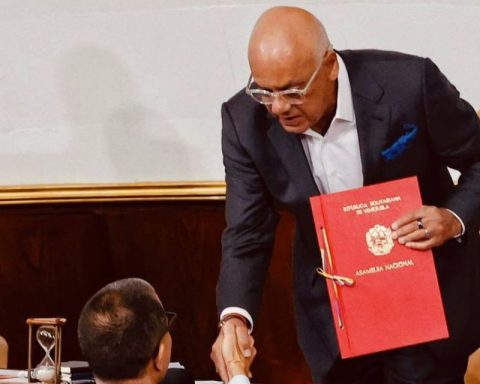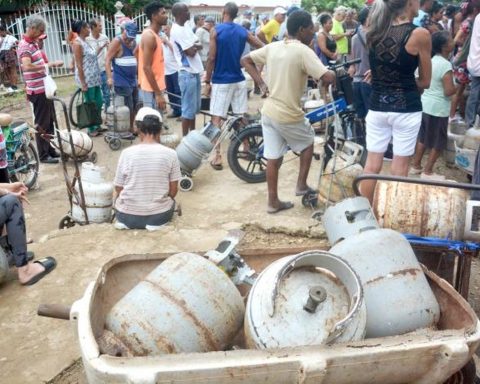On November 25, 2025, black women from all over the country will be in Brasília for the 2nd Black Women’s March for Reparation and Good Living, ten years after the first and historic mobilization. With the countdown open, black organizations took advantage of the last few weeks to hold regional preparatory meetings.
The inauguration of the march’s operational office took place in Brasília, last Tuesday (26), at the Museum of the Republic, with the presence of the Minister of Racial Equality, Anielle Franco, representatives of the Unified Black Movement, and the National Coordination of Articulation of Black Rural Quilombola Communities (Conaq).
“From now on, we know and are sure where we are going to bring millions of black women to this city in November. We have to have a movement of greater value on a national scale”, explains the executive coordinator of the Articulation of Organizations of Black Brazilian Women (AMNB), Vinólia Andrade.
Among the activists’ demands are public policies for black women, the right to life and the promotion of racial equality. Activist Thanisia Marcella Alves Cruz is also part of the organizing committee and explains the name of the march.
“Reparation denounces the countless public policies and tactics that institutionalized human trafficking, the loss of rights, the deterioration of the health of the black population and genocide. Knowing that lives will never be recovered, we call for Good Living for a radical change in our practices and for a life of dignity.”
The construction of the 2nd March for Reparation and Good Living is led by several regional committees and has a National Steering Committee formed by AMNB, National Forum of Black Women, National Network of Black Women in the Combat of Violence, Network of Black Women of the Northeast and Network Fulanas – Black women from the Brazilian Amazon. States and municipalities can form their committees according to their needs.
Naiara Leite, activist and Executive Coordinator of the Instituto da Mulher Negra Odara da Bahia, highlights the importance of the organization in encouraging female participation in politics. “This year was an election year in Brazil, which mobilized more than 5,300 municipalities and black women took advantage of the call to march to strengthen the importance of electing black women to municipal councils, city halls and to occupy these institutional spaces” , it says.
Social worker Keka Bagno, a member of the Juntas collective and member of the DF Committee, also highlights female participation in politics. “In addition to the Federal District, our regional meeting was attended by women from Goiás and Mato Grosso. We dialogue about the situations of public policies, reparation and well-being and the challenge of the national and local situation. Get up and march towards 2025.”
*Intern under the supervision of Marcelo Brandão
